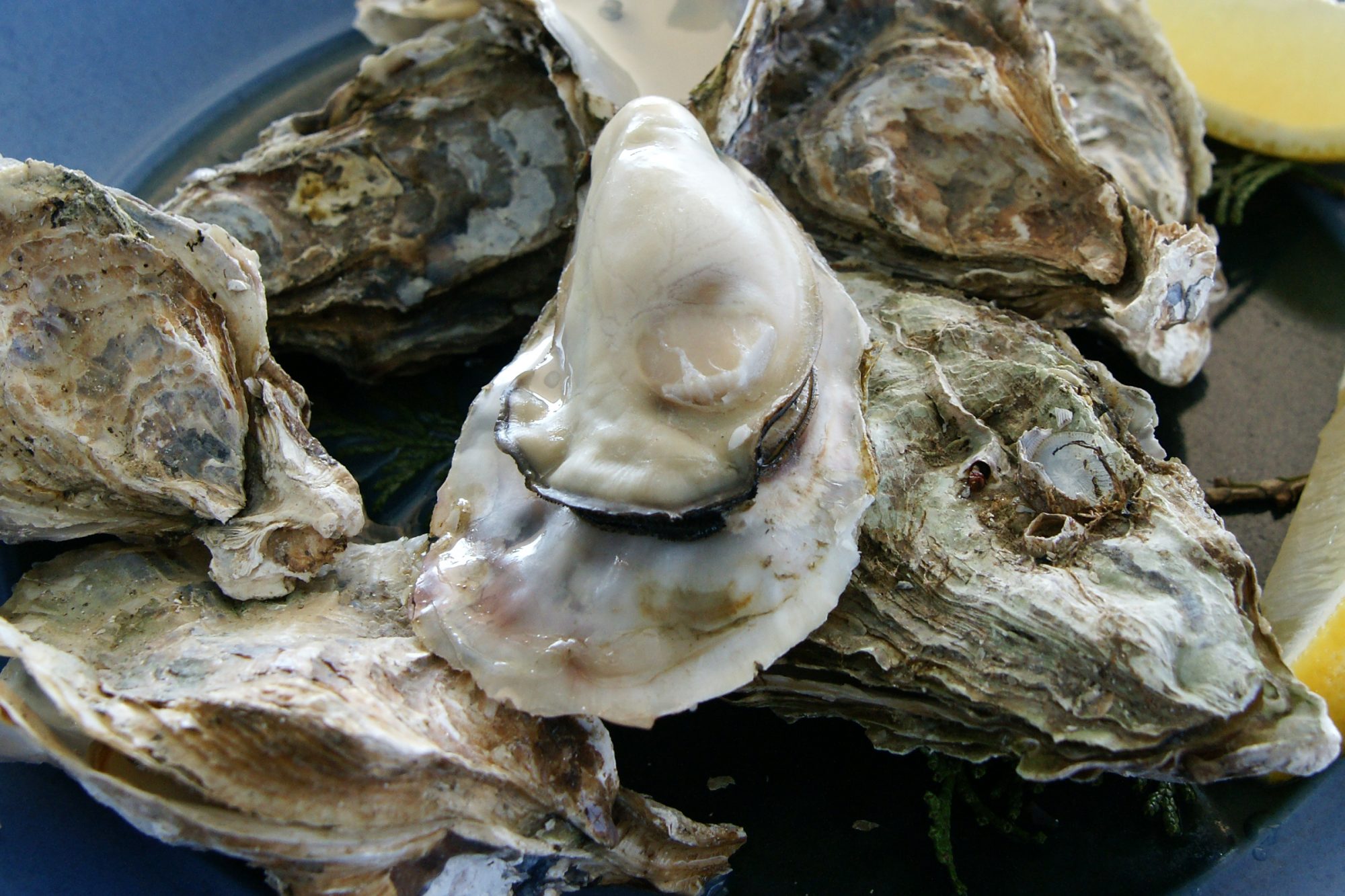I wish I could report, breathlessly, that I have found a magnificent way to prepare duck. Unfortunately, I was completely underwhelmed by the brined duck. I think brining should be reserved for leaner meats such as pork and chicken, where the brine adds moisture. Duck is fatty enough that no additional moisture is needed. The cooking process simply converts the ample solid fat into a lovely, constant cascade of fat basting. I had hoped that the brining liquid, with the addition of some herbs, would add complexity to the duck. But it just made it nicely salted. And that isn’t a bad thing, but it isn’t worth the additional work of brining. Perhaps a long brining in a weaker solution would work better, but the equivalent with a chicken made a clear difference, so now I am suspicious of the whole concept.

A cook's thoughts on food and eating and cooking
brining not only adds salt, but also affects the meat on a molecular level…or something like that. denaturing fat, and all of that good stuff. i’m not surprised the duck experiment didn’t yield earth-shaking results. but i’m glad you did it.more importantly, is that popcorn in the picture at the top of the blog? i’ve always assumed it was, but it’s probably not.
You are correct about brining. It is supposed to break down the protein that makes up the part of the muscle that contracts. I think it also allows the muscle to absorb water from the brine, which makes everything juicier. But, as I mentioned in the post, duck is plenty juicy already, so it didn’t do much. I feel like an actual scientist though. Next time I might even wear a lab coat.And yes, it is popcorn. Changing the photo is a bit of a pain, and this one was supposed to correspond to my grand microwave versus oil-popped test. I need to start photographing actual food from my kitchen and post those photos.